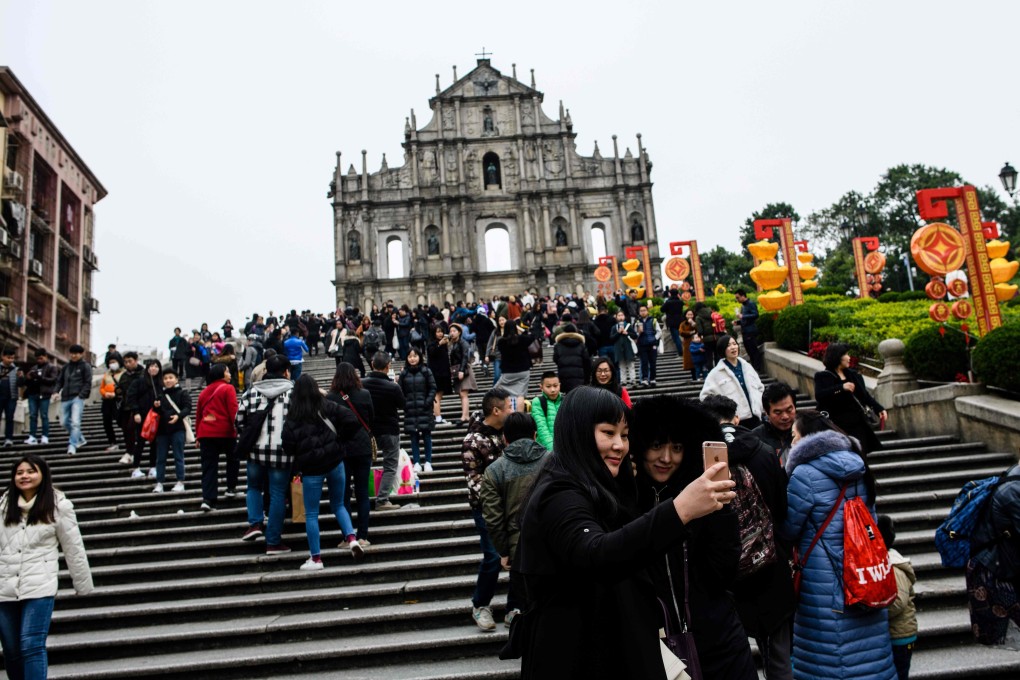Macau’s leadership race could be more interesting than usual, as favourite Ho Iat-seng faces three challengers
- Beijing’s favoured candidate is seen as the clear favourite to run the former Portuguese colony
- But a four-horse race promises some competition ahead of August’s election

An unprecedented number of candidates are bidding to be Macau’s next leader in an election set to be more competitive than usual.
For the first time, four challengers are vying to be chief executive, in what some analysts have called a breakthrough in the democratic development of the former Portuguese enclave, which returned to Chinese rule in 1999.
Even so, there is a clear favourite: Ho Iat-seng, a Macau industrialist, is Beijing’s candidate and many see his victory as practically a foregone conclusion.
“All people know Ho is the one. So it is still amazing for the other three to come forward to say they want to challenge Beijing’s favourite,” said Professor Bruce Kwong Kam-kwan, a political scientist at the University of Macau.

“If their voices prove popular, Ho may still have to incorporate some of their demands into his election platform. That is the beauty of an election.”